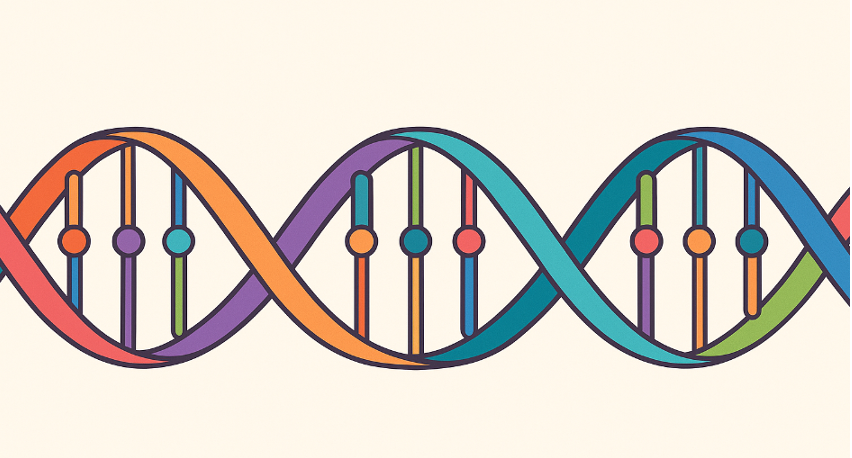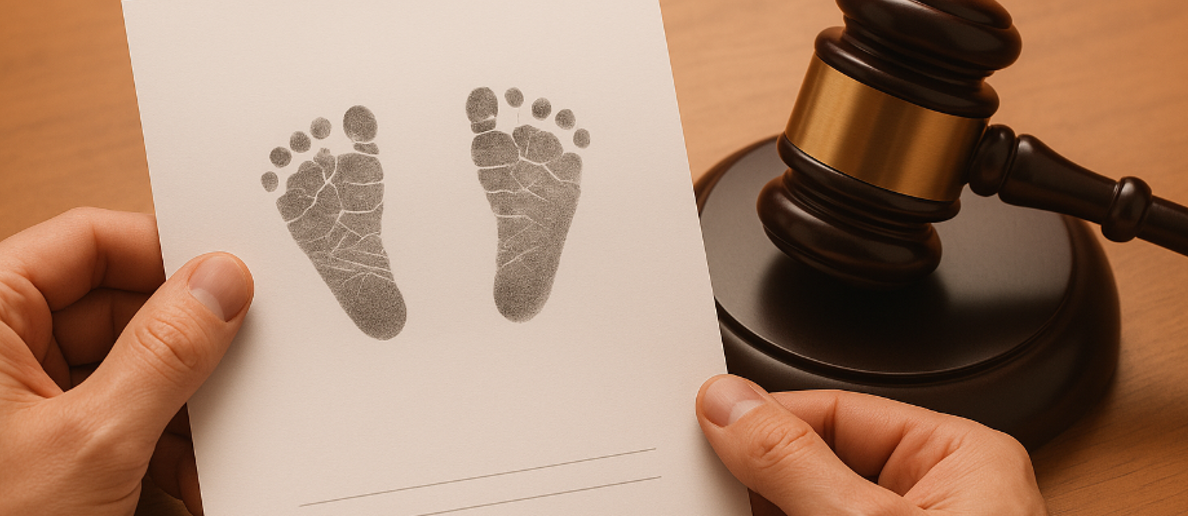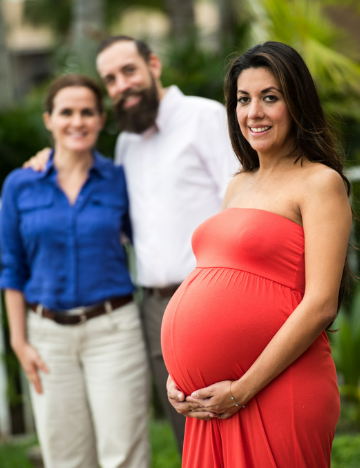
Groundbreaking Study Captures First 3D Video of Embryo Implantation
August 28, 2025A New Era of Family Creation
A recent scientific breakthrough may one day allow same-sex couples to have children who share genetic material from both parents. While this technology is still in its earliest stages, its potential impact on family law, parentage recognition, and reproductive ethics is groundbreaking and deeply connected to the work we do every day at The Surrogacy Law Center.
The Science Behind the Discovery
Researchers in the U.S. have created early-stage human embryos using egg cells derived from skin cells. In this revolutionary process, a skin cell is reprogrammed, its nucleus inserted into a donor egg that has had its own DNA removed, and then stimulated to behave like a natural egg. Once fertilized, it begins early embryonic development effectively simulating natural conception.
Although these embryos survived only a few days, the fact that any development occurred marks a major scientific milestone. It opens the door to a future where two individuals of the same sex could both be bilogically related to their child.

A Legal Paradigm Shift
If this research progresses, it will challenge one of the core foundations of family law: the definition of a biological parent.
Currently, parentage is tied to one egg and one sperm. For same-sex couples, parentage recognition typically depends on marital presumptions, adoption, or surrogacy orders. A world where both intended parents contribute DNA would require major legal updates, such as:
- How will courts determine parentage when both partners’ DNA is present?
- Will laws like the Uniform Parentage Act (UPA) evolve to include new genetic realities?
- How will birth certificates and inheritance rights adapt?

Ethical and Regulatory Considerations
The U.S. currently has no unified federal regulation for assisted reproductive technologies. Oversight is divided among the FDA (clinical aspects), state laws, which vary widely, and ethics committees and research boards. This discovery raises complex questions about access, ethics, and equality. Without uniform standards, the U.S. may again face a patchwork of laws, similar to what we’ve seen with surrogacy and fertility statutes.
Looking Ahead
For now, this remains a scientific milestone, not a clinical option. But its implications for the future of family building are immense. Lawyers, policymakers, and fertility experts must start preparing to ensure that families formed through next-generation science are protected and recognized under the law.
At The Surrogacy Law Center, we’re proud to be part of that ongoing conversation — ensuring every parent’s rights are safeguarded as science redefines what it means to be a family.
About The Surrogacy Law Center
Founded by attorney Stephanie M. Caballero, The Surrogacy Law Center, APC provides comprehensive legal services to individuals and couples worldwide who are building families through surrogacy, egg donation, sperm donation, and embryo donation. With decades of experience at the intersection of law, ethics, and reproductive technology, our mission is to help every intended parent feel secure, informed, and supported every step of the way.




